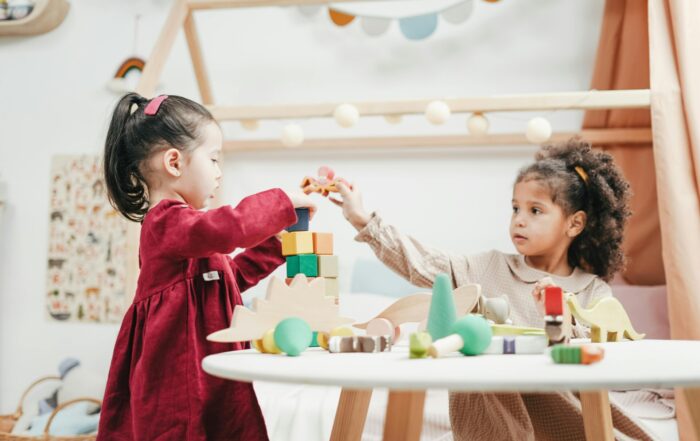
As the first day of school approaches, parents and children gather their backpacks as educators finalize lesson plans and ready their classrooms. The new school year offers a fresh start for students as well as an opportunity for academic success. However, up to 40% of students suffer from test anxiety, which contributes to lower grade point averages and decreased scores in standardized tests. Test anxiety is a multi-dimensional experience associated with cognitive (excessive worry about performance the night before or during the test; worry just after taking the test), physiological (heart racing, difficulty sleeping before the test), and behavioral components (avoidance of study). The cognitive dimension of test anxiety can be exceptionally difficult for students to cope with and reconcile. For example, despite preparing, students may believe that, while taking the test, they aren’t ready for it, and that the content is too challenging for them. Experiencing these thoughts during tests can result in diminished concentration on test material, making it more difficult for students to retrieve the information that they have studied and do well on the test.
Students can experience text anxiety for a number of reasons. Some children have difficulty learning or struggle with paying attention, which intensifies anxiety about tests. Children who seem more concerned about making mistakes, such as playing poorly in sports, or performing in front of others, may also be at risk for test anxiety.
Share This Post!
The Link Between ADHD and Trauma
By Medical News Today Attention deficit hyperactivity disorder (ADHD) is a common neurodevelopmental disorder that often begins in childhood. Studies have found that trauma occurring in childhood may exacerbate or predict [...]
5 Reasons Why We Blame Ourselves After Trauma
By Kaytee Gillis, LCSW-BACS As a therapist who works with survivors of childhood trauma, I find that self-blame is a common part of their experience. As a survivor myself, I experience [...]
Child-Parent Psychotherapy Resources
By University of California, San Francisco Child-Parent Psychotherapy (CPP) is an intervention model for children aged 0-5 who have experienced at least one traumatic event (e.g. maltreatment, the sudden or traumatic [...]
Caring for Caregivers Experiencing Secondary Trauma
By Heather C. Forkey, MD, Elaine Schulte, MD, MPH, and Luanne Thorndyke, MD Secondary traumatic stress (STS) is the emotional duress caused by indirect exposure to distressing events experienced by others. [...]
How to Talk About Mental Health
By SAMHSA Mental health is essential to a person’s life in the same way as physical health. Hesitation to talk about mental health adds to the notion that the topic is [...]
Prioritizing Minority Mental Health
By CDC Office of Health Equity Mental health matters! Mental health includes our emotional, psychological, and social well-being. It affects how we think, feel, act, handle stress, relate to others, and make [...]







